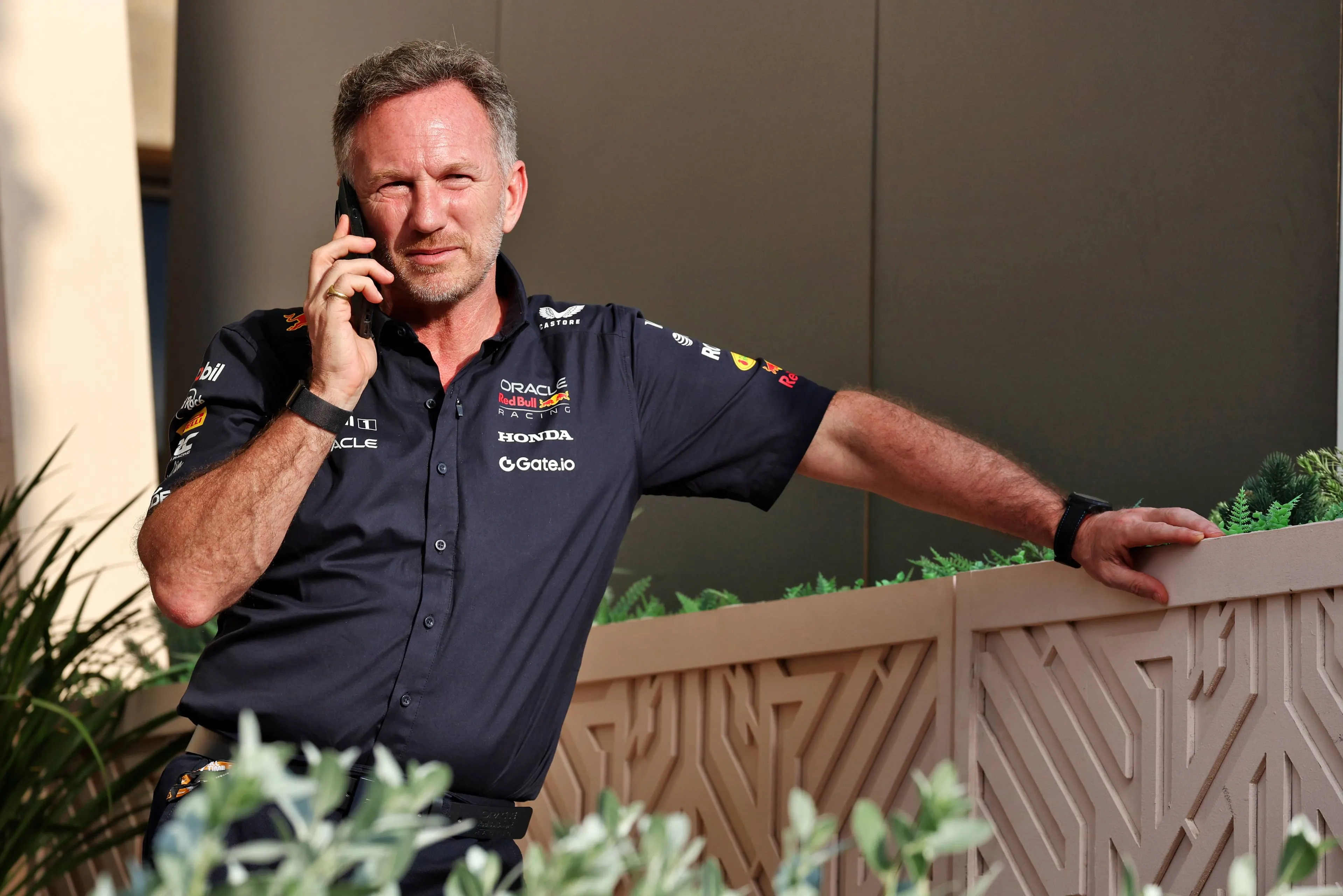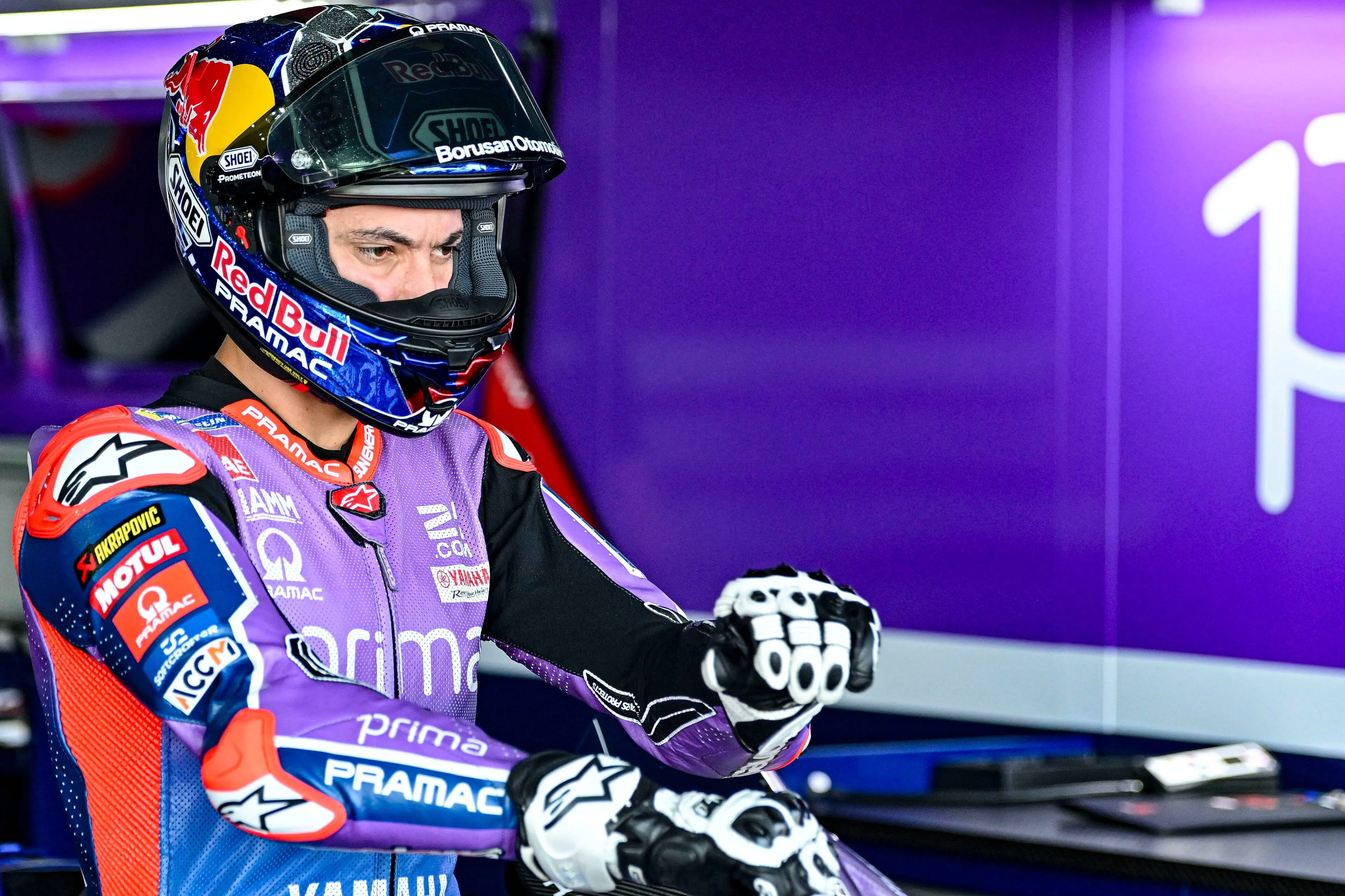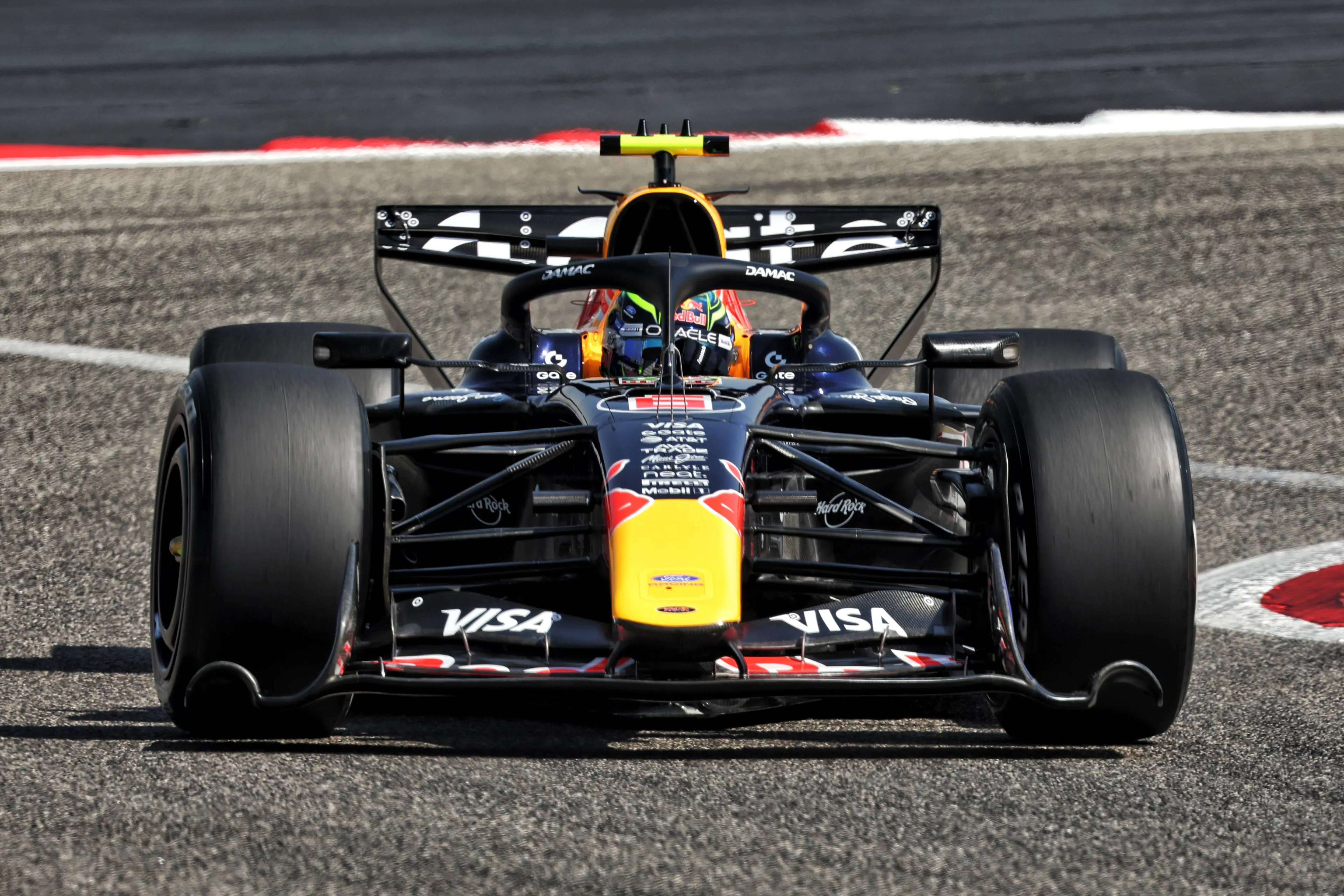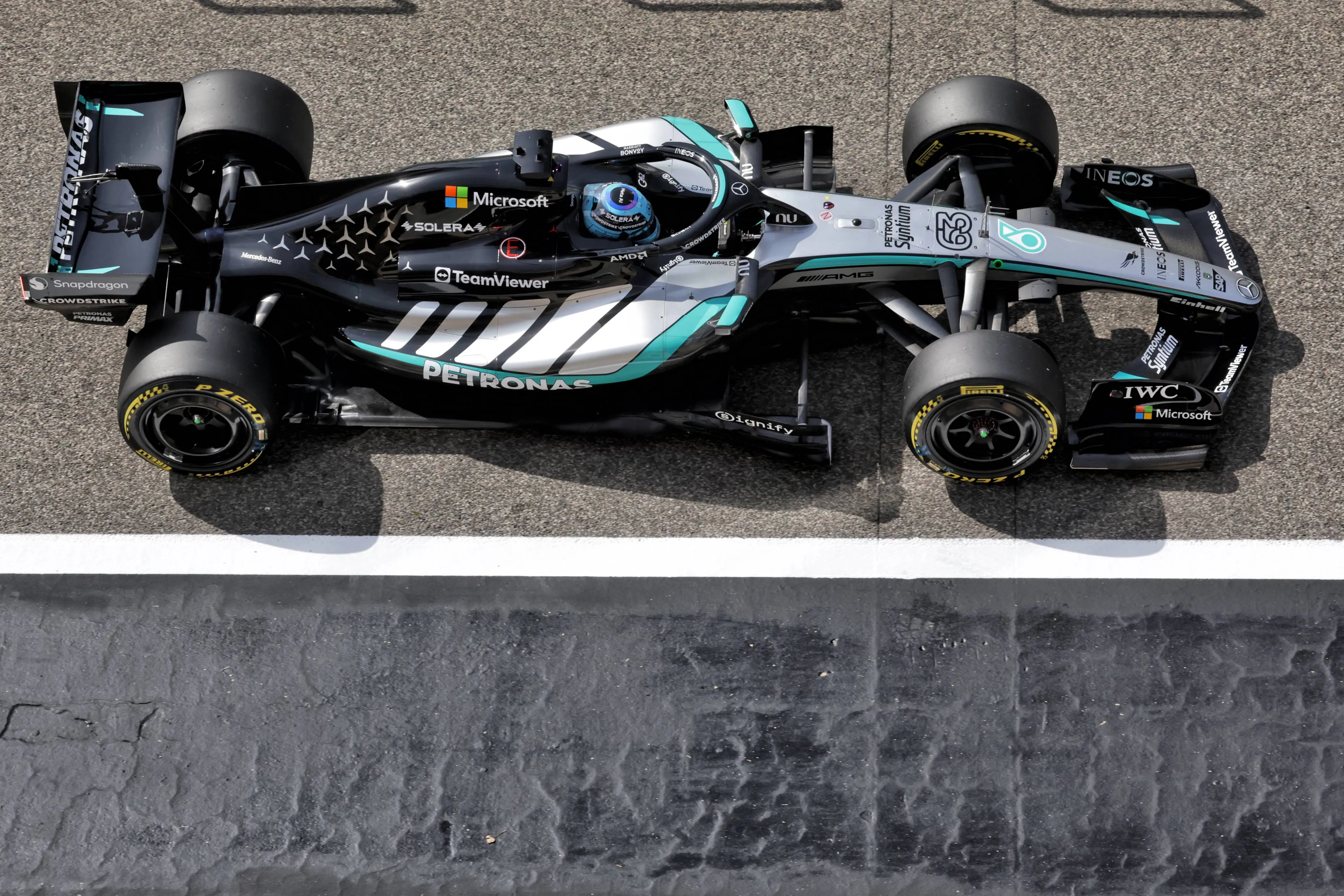Behind the scenes at Red Bull: Shareholder shakeup and the end of Horner
15:56, 10 Jul 2025
4 Comments
Co-author:Norberto Mujica
Documents from the Austrian Chamber of Commerce reveal that the Thai co-owner of Red Bull GmbH sold a small portion of his shares in the company in May. It suggests that this made it easier to dismiss Christian Horner. Is that really the case?
Chalerm Yoovidhya, the son of Red Bull creator Chaleo Yoovidhya, until recently held 51 percent of the shares of Red Bull GmbH (the parent company of Red Bull Racing, among others). The remaining shares were owned by Mark Mateschitz, the son and heir to the late Dietrich.
Thai owner had all the power
Since the Thai held a majority interest, he effectively had all the power. After all, no major decision could be made without his consent.
Yoovidhya was also the man who maintained a good relationship with Christian Horner, until last Tuesday evening, Red Bull Racing's team principal. Where the Austrian branch of the company had reportedly wanted to part with the Briton for some time, Horner counted on the Thai's support.
However, there has been a change in the last few weeks. Yoovidhya was not happy with the ongoing poor results and let Horner know: ‘It needs to get better, or we will take measures’, as GPblog reported in early June. In the following weeks, things got even worse for Max Verstappen's racing team, even with the updates to the RB21.
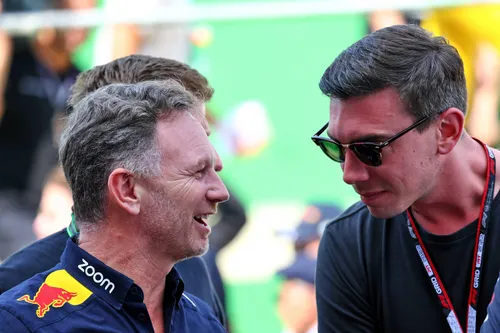
Who Fired Horner from Red Bull Racing?
For Yoovidhya, it was also the time to move on from Horner. This decision was made by the Thai, Mark Mateschitz, and Oliver Mintzlaff (managing director of Red Bull GmbH).
That Yoovidhya recently sold two percent of his shares to the investment fund Fides Trustees SA, had no influence on that decision. After all, that party was not at the table, and it is unlikely that someone with such a small share in a company could weigh in on such big decisions - at least that is not the norm in the business world.
The fact that Yoovidhya and Mateschitz now hold the same percentage of shares, in fact, made it more difficult to decide on Horner's future. Where the relationships were previously clear - the Thai was ultimately the boss - this is no longer the case. Now, consensus must be sought in every decision, assuming that the voting ratios in the company have not changed.
It therefore appears that the sale of shares must be seen completely separately from Horner's dismissal. As mentioned, after the Austrian side was done with Horner, so too was Yoovidhya.
Read more about:
Popular on GPBlog

1
Antonelli's girlfriend reveals truth about breakup rumours on social media
2472 times read

2
Verstappen's private jet questioned by fellow driver: 'It doesn't make sense'
2111 times read

3
Lewis Hamilton’s mentality singled out in hunt for eighth world title
891 times read

4
Tense Horner moment sparks priceless reaction from Brown and Wolff
695 times read
Loading
